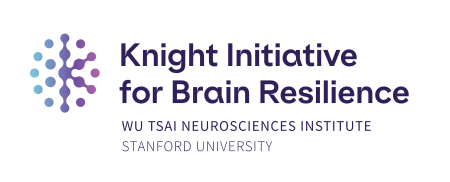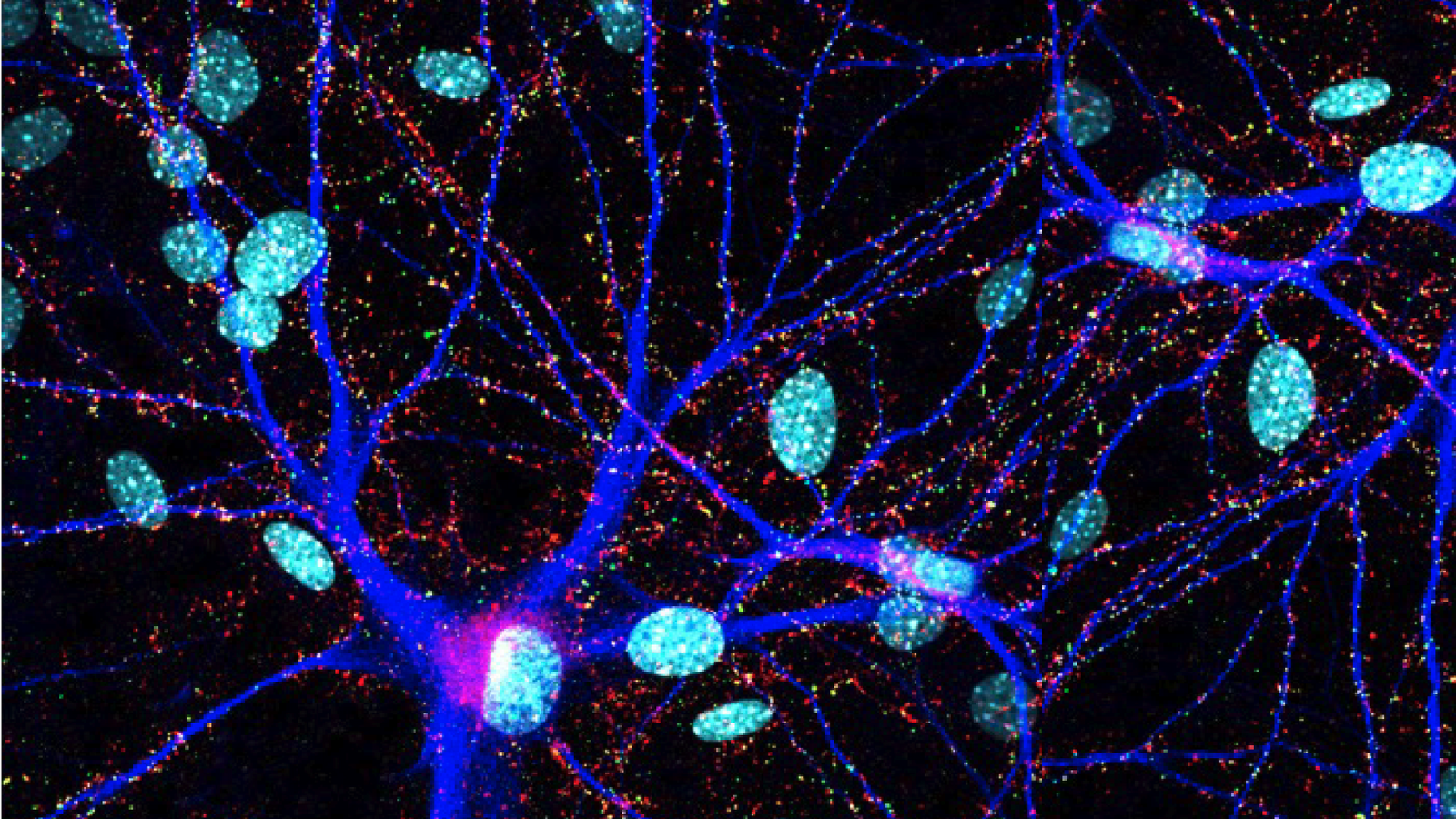What if we could understand the aging process and uncover the secrets to maintaining cognitive vitality well into old age?
As we age, our cognitive abilities may decline, and many of us may face memory loss, dementia, or neurodegeneration. However, research reveals that some individuals are resilient to the effects of time and maintain cognitive sharpness even after reaching 100 years of age.
Our Pilot Grants explore promising avenues in brain resilience research, offering investigators the resources to advance innovative ideas that push the boundaries of our understanding. These grants target high-potential research, supporting projects that seek to uncover new pathways in brain aging and resilience. By fostering these bold ideas, we aim to generate foundational insights that could lead to significant breakthroughs in promoting cognitive health into old age.
Our Pilot Awards support exploratory research projects with a fast-paced approach, offering researchers the resources to pursue bold ideas with the potential for transformative impact. These grants provide up to $250,000 in direct costs over two years.
Applications for Knight Initiative research awards are currently closed.
“This pilot grant will allow me to take advantage of a very high-risk, but also extremely high-reward, opportunity to potentially demonstrate protective effects [of dementia] with data collected as part of a true clinical trial.”
“This pilot grant will allow me to take advantage of a very high-risk, but also extremely high-reward, opportunity to potentially demonstrate protective effects [of dementia] with data collected as part of a true clinical trial.”
Funded Pilot grant projects
Promoting neurovascular repair to improve cognitive resilience across the lifespan
This project's goal is to enhance brain resilience by promoting vascular brain health during aging. The research team's overarching hypothesis is that many people experience cognitive decline and dementia due to pathological aging.
Mapping and rejuvenating the brain glycocalyx to improve resiliency
This project focuses on the brain’s “glycocalyx”—a complex network of sugars on the cell surface, which plays a crucial role in many brain functions including how neurons connect and communicate and how memories are formed and stored.
The effect of live-attenuated herpes zoster vaccination on blood-based biomarkers of neurodegeneration
More and more studies suggest that infections may be an important cause of dementia and possibly brain aging more generally. The most convincing evidence exists for herpesviruses, which “hibernate” in the nervous system. Recently, an innovative causal approach in data from the United Kingdom has been used to suggest that shingles (herpes zoster) vaccination prevents or delays dementia.
Optimizing endogenous signaling pathway activity to enhance cognitive resilience
The intricate workings of signaling pathways are well-established with regard to neurodevelopment. Yet, the implications of these pathways for sustaining brain health and resilience during the aging process are not clear.

